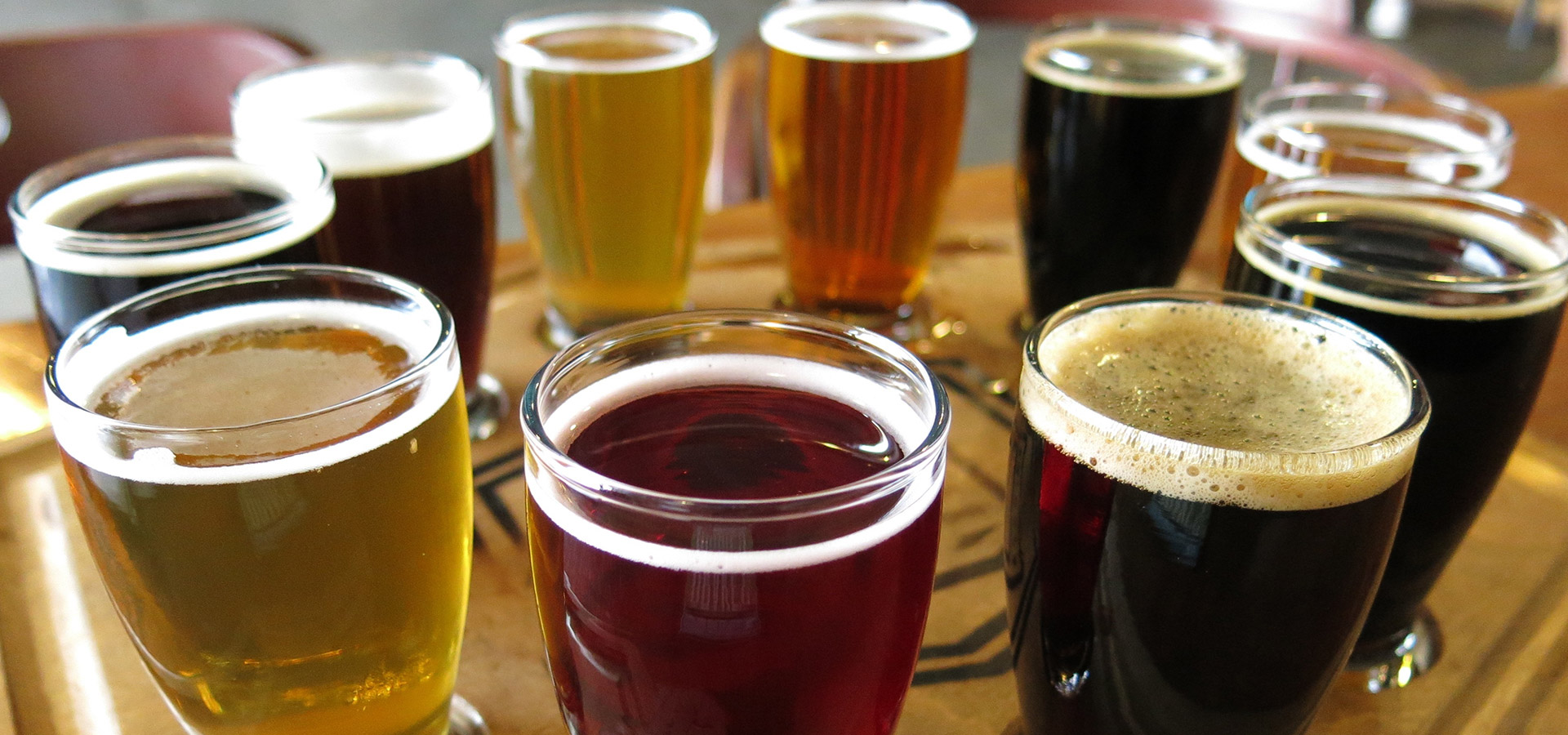Molson Coors Beverage Company has launched a low-carbon glass beer bottle following a recent trial that reduced the carbon impact of its bottle production by up to 90%.
The trial, in partnership with Encirc, produced 2 million glass bottles for its Staropramen brand, which are now available on-shelf in stores across the UK. The bottles are manufactured using up to 100% cullet – recycled or waste glass – up from 75% previously used in its green glass bottles. As well as significantly increasing the recycled content of the bottles, the trial uses renewable and sustainable biofuels rather than those traditionally used in the glass production process. As a result, the carbon footprint of each bottle is reduced by up to 90%.
Molson Coors and Encirc have been bottling partners for almost 25 years, and this latest initiative forms part of Molson Coors’ wider sustainability goals, which include reducing its carbon emissions across its global operations by 50% by 2025.
The trial forms part of a project undertaken by Encirc (a Vidrala company) and industry research and technology organisation, Glass Futures under the Department for Business, Energy and Industrial Strategy (BEIS) Energy Innovation Programme.
Fraser Thomson, Operations Director at Molson Coors Beverage Company said: “Sustainable packaging solutions form a core part of Our Imprint sustainability goals and our global aim to reduce carbon emissions from our direct operations by 50% by 2025. This trial is a major step for us in reducing the carbon footprint of our much-loved products, and we look forward to continuing to explore how we can implement this across our wider portfolio on a larger scale in the future.”
Rob Turvey, Sales and Marketing Director at Encirc added: “This is a massively exciting innovation opportunity for us at Encirc, Molson Coors and, of course, their consumers. This ground-breaking biofuel trial has shown the world the fundamental role that glass can play in supporting food and beverage organisations in their ambitions to decarbonise supply chains. It further demonstrates why we believe that glass is a key environmentally beneficial packaging format for all forward-thinking beverage companies.”
ENDS
About Molson Coors
For over two centuries Molson Coors has been brewing beverages that unite people for all of life’s moments. In the UK and Ireland we now have six breweries, with our UK home in the renowned brewing town, Burton-upon-Trent, and a nearly 300-year-old cider press in Suffolk.
Molson Coors produces some of the most beloved and iconic beer brands ever made. While the company’s history is rooted in beer, Molson Coors offers a modern portfolio that expands beyond the beer aisle. Our growing beverage portfolio in the UK & Ireland includes Pravha, Staropramen, Blue Moon, Offshore, Franciscan Well Chieftain IPA and Archway Lager, Rekorderlig, Aspall Cyder and Pip & Wild, alongside popular favourites Coors Light, Carling – the UK’s number one selling lager, and the UK’s number one selling cask ale – Doom Bar. Bodega Bay is Molson Coors’ first move into the hard seltzer category, and has 1 unit of alcohol per can.
Molson Coors Beverage Company is a publicly traded company that is traded on the New York and Canadian Stock Exchange (TAP). The company’s commitment to raising industry standards and leaving a positive imprint on our employees, consumers, communities and the environment is reflected in Our Beer Print and our 2025 sustainability targets. To learn more about Molson Coors Beverage Company, visit molsoncoors.com or on Twitter through @MolsonCoors
About Encirc (www.encirc360.com)
Encirc, part of the Vidrala group, is a market leader in glass container design, manufacturing, bottling and logistics solutions for the UK, Irish and European food and beverages industries.
With over 1,500 employees, it operates from its three purpose-built sites in Derrylin, Co Fermanagh, Elton, Cheshire and Corsico, Italy, the company produces more than 3 billion glass bottles and other containers annually, and can fill up to 250 million litres of bulk shipped beverages every year.
The integrated group offering means customers benefit from a unique supply chain approach, which includes access to Europe’s largest bonded warehouse, significantly shortening the supply chain and delivering considerable cost and environmental savings to customers.
About Glass Futures (www.glass-futures.org)
Glass Futures Ltd is a not-for-profit Research and Technology Organisation connecting the glass industry and academia to create a Centre of Excellence in glass comprising R&D, innovation, training and up-skilling. Central to the proposition is a demonstration-scale glass making facility of 30 tonnes per day capacity.
Glass Futures operates a membership model open to like-minded organisations to work alongside some of the world’s largest glass manufacturers, supply-chain partners, brands and academic institutions collaborating to deliver net-zero to the glass industry.
For more information contact Alanna Halsall at alanna.halsall@glass-futures.org or visit www.glass-futures.org.
Department for Business, Energy and Industrial Strategy (BEIS) Energy Innovation Programme: INDUSTRIAL FUEL SWITCHING COMPETITION PHASE 3: Alternative fuel switching technologies for the glass sector
Led by Glass Futures, the £7.12 million project is evaluating the associated technical, economic and environmental aspects of electric, hydrogen, bio-fuel and hybrid-fuel melting technologies with the objective of designing a flexible demonstration scale glass furnace, capable of demonstrating and assessing these fuel-switching opportunities for the entire glass sector.
This project involves multiple industry partners and includes biofuel trials on a full-scale commercial line and a large lab scale hydrogen demonstration. If successful, these low-carbon fuel technologies have the potential to remove up to 1.2 million tonnes CO2 emissions per year by 2030, totalling more than 20 million tonnes by 2050.
The study and subsequent report will highlight what can be achieved on different glass manufacturing production platforms and will influence the most suitable routes for industry and government to work across in delivering the range of options best suited to decarbonise a given site. The Glass Futures study, which is due to be completed in December 2021, will investigate and recommend the most cost effective and environmentally efficient routes to decarbonise.
Press release from City Press on behalf of Molson Coors
Contact: thomas.milner@citypress.co.uk

